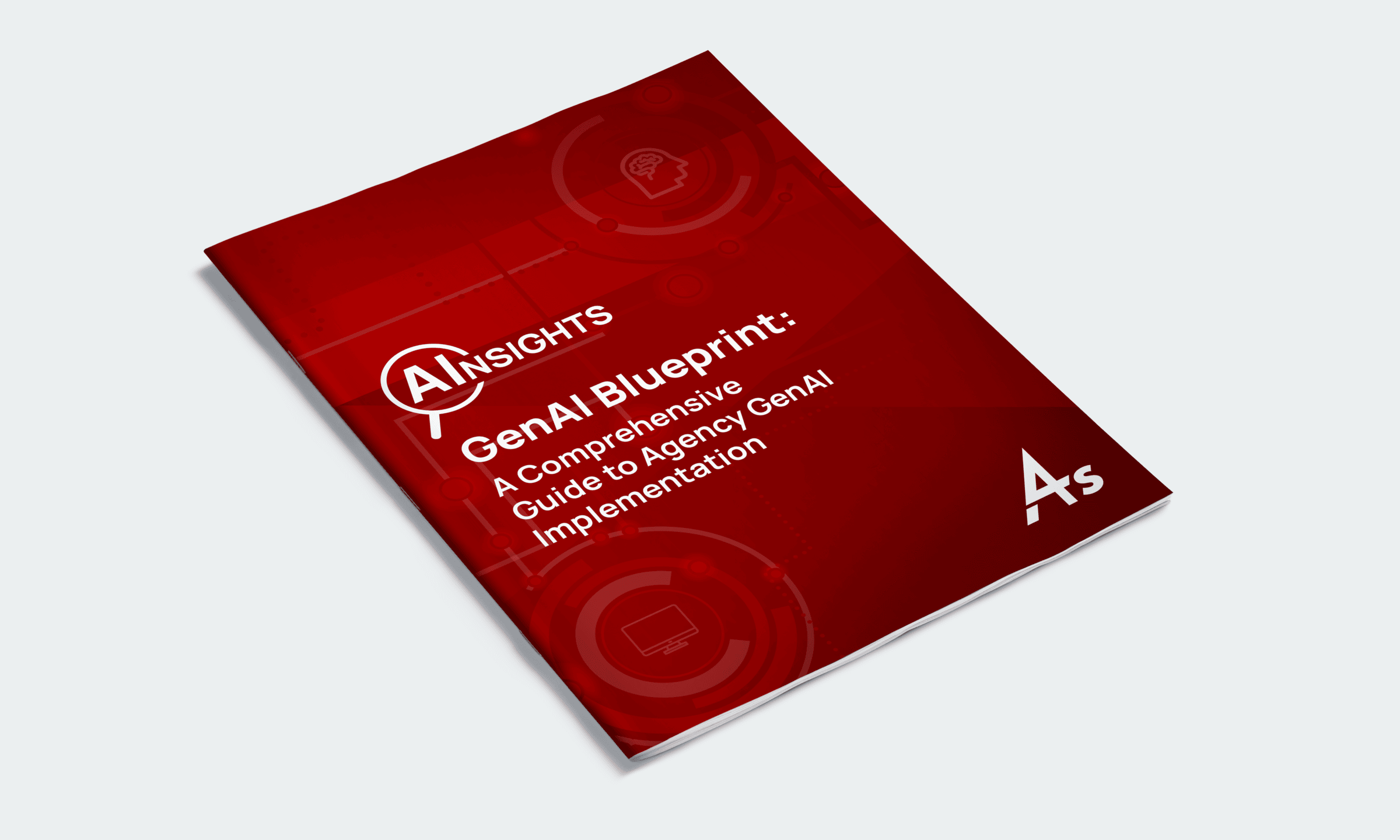The growing use of generative AI systems in the advertising and marketing industries has raised significant concerns about the ownership of AI-generated content. These systems, trained on vast datasets of existing artwork, photography, and written works, are capable of producing images, videos, and text that can resemble the original creations on which they were trained. This has sparked debates around whether the AI generated content infringes on the intellectual property (IP) rights of the original creators, as their works may be used without direct permission. For advertising agencies that have used AI tools to spark creativity, iterate, or flush out ideas for client campaigns, these issues complicate the process of ensuring that the materials they use are legally sound and free from potential copyright violations. The increasing reliance on AI in content creation workflows makes it essential for agencies to carefully navigate the legal implications of using such technologies.
In addition to concerns over ownership and potential infringement, there is considerable uncertainty around the extent to which IP protections apply to works created using generative AI, particularly for commercial applications. Under current U.S. intellectual property law, works typically need to have a certain level of human authorship to qualify for copyright protection. How much human involvement is necessary for AI-generated works to be legally protected? Without clear answers, agencies face a challenging legal landscape when it comes to protecting the content they create using new AI tools. As the use of AI continues to expand in the marketing industry, it will be crucial for policymakers to address these uncertainties and provide clarity on IP protections to help agencies avoid potential legal pitfalls while still fostering innovation.
Federal Copyright Landscape
The surge of AI-generated works underscores the increasing conflict between rapid technological progress and the traditional human authorship requirement established by U.S. federal copyright law.
As AI technologies continue to advance, federal regulators are under increasing pressure to create legal frameworks that balance innovation with the safeguarding of intellectual property rights, ensuring that creators and businesses are adequately protected.
The evolution of copyright law will be very important to agencies as the AI tools to create creative assets continue to improve. To date, the U.S. Copyright Office is engaged in a series of fact-finding reports to help establish a framework to evolve U.S. copyright law along with AI.
State AI Legislation We’re Watching
In the absence of federal action on AI, U.S. states have begun to introduce legislation in response to mounting pressure from creators and the business community. State bills addressing use of copyrighted material for AI training is a chief concern.





